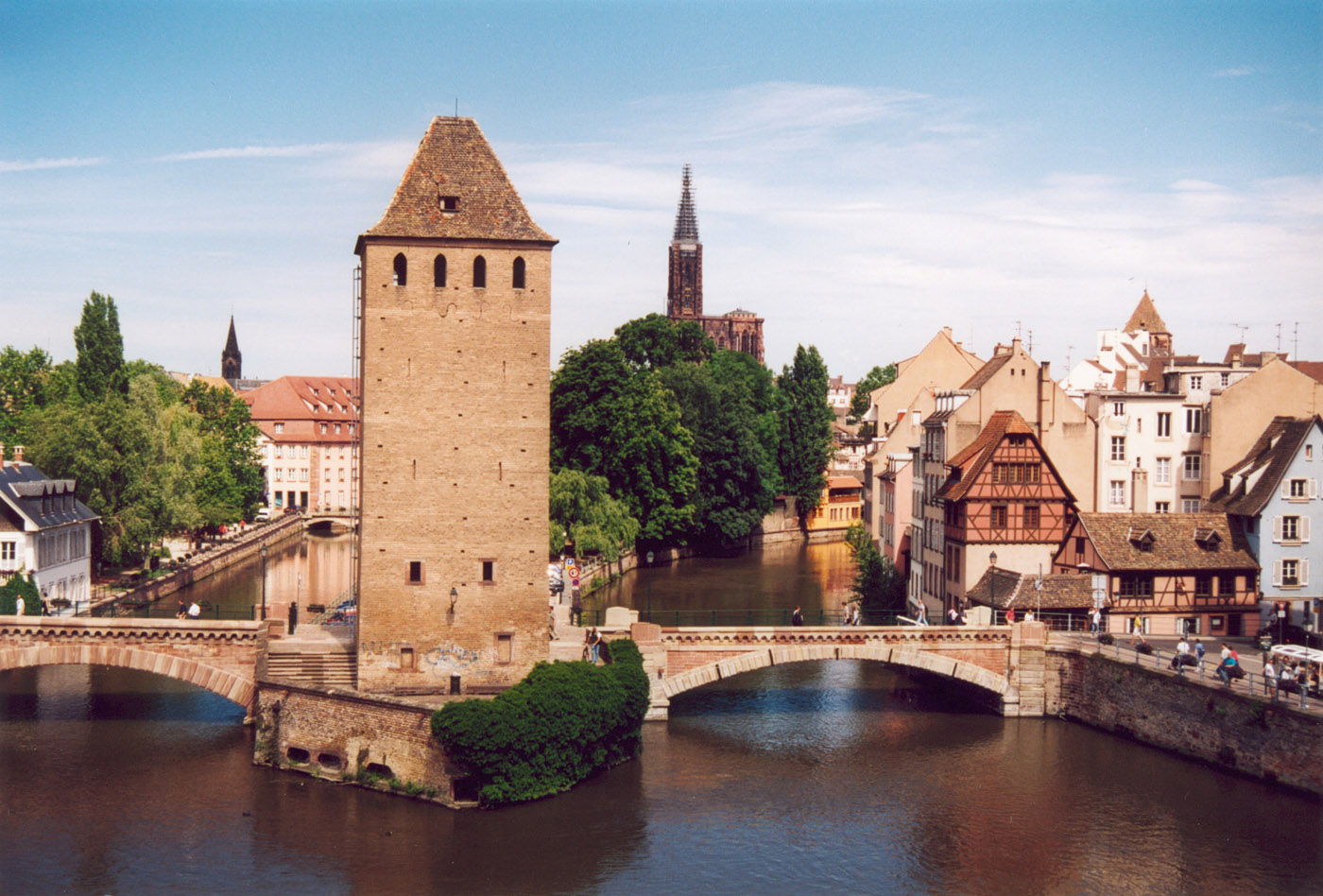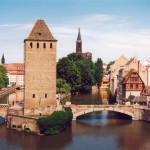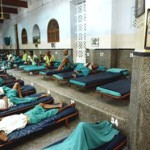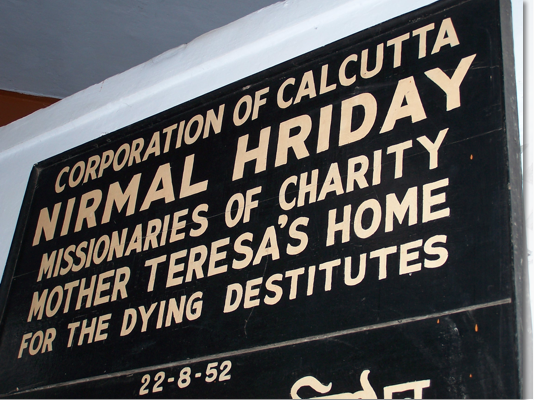 |
| Strasbourg |
MOST READ BLOG POSTS OF THE MONTH
1) Bees, Permaculture and Blessing.
2) Yoga and Other Things which Shouldn’t Scare Christians
3) Short term Missions (Thoughts inspired by Jamie, the Very World Missionary)
4) The Third Generation of British Christian Blogging and Sustainability
5)Coffee and Breaking Addictions
And the next step of the greening of the Mathiases: we have two paper shredders, upstairs and downstairs, and are shredding every scrap of paper as mulch and weed-suppressant for the veggie garden. Roy calls this “Anita economics” and claims he could have got bags of mulch for the £70 I spent on the two shredders. Ah, but I now have a lifetime supply of compost from all the waste paper our family generates!
They’ve come, the long-awaited new members of our menagerie–5 frames of live bees. I can’t wait to see and hear them buzz around our garden. Roy asked Zoe for help to put them in their hive. “They are angry the first day,” he added casually. Zoe put her hand to her heart. “Don’t say the bees are angry,” she said. “My heart starts beating faster; I get so stressed.” We laughed. We think of Zoe as superwoman!
many ways.
Strasbourg is quite an anomaly–more German than French–the faces are German, though the manners are French. The food and the boulangeries are nowhere as good as the rest of France. We enjoyed the Cathedral–its spire a lacy confection, and wandering around the Ile de France, a network of canals and woodworked fairytale buildings. Definitely a walking city!
We walked over from France to Germany yesterday on the dazzling suspension bridge called the Friendship Bridge. We were as enchated by this as Irene was. The bridge rises out of the peaceful Jardin de Deux Rives, France on one side of the Rhine, Germany on the other. Irene said she saw a black cross in Coventry Cathedral which will be painted white when peace prevails throughout the world, as it now does in Europe.
A perfect travel day. Drove to Colmar and saw the surprisingly realistic, poetic and expressionistic Issenheim Altarpiece painted by Mathias Grunnewald. Lovely! It was in the Musee Unterlinden, a whole museum devoted to bright medieval German oils, still brilliant (and often amusing) 6 centuries later. And the Alsatian specialty tarte flambee for lunch–Irene had a sweet version with red fruits and icecream.
Anders Behring Breivik, the Norwegian mass murderer is described as “a Christian fundamentalist with a deep hatred of multiculturalism, of the left and of Muslims.” Interesting then that he chose the terrorist tactics used by Muslims over the last quarter century. Hatred is particularly dangerous because it can contribute to your morphing into the object of
your hatred!
So, yesterday’s highlights, a quick explore of Munster, founded by Irish medieval monks!! There was a stork enclosure with enormous and beautiful storks, 17 of them. The stork is a sort of unofficial mascot of Alsace, as we can testify having consumed chocolate stork eggs, stork pastries, and bought home an enormous stork casserole dish to try to replicate French casseroles!










 “When can we have the next one?” is what publishers say directly after “congratulations on your first novel!”
“When can we have the next one?” is what publishers say directly after “congratulations on your first novel!”


